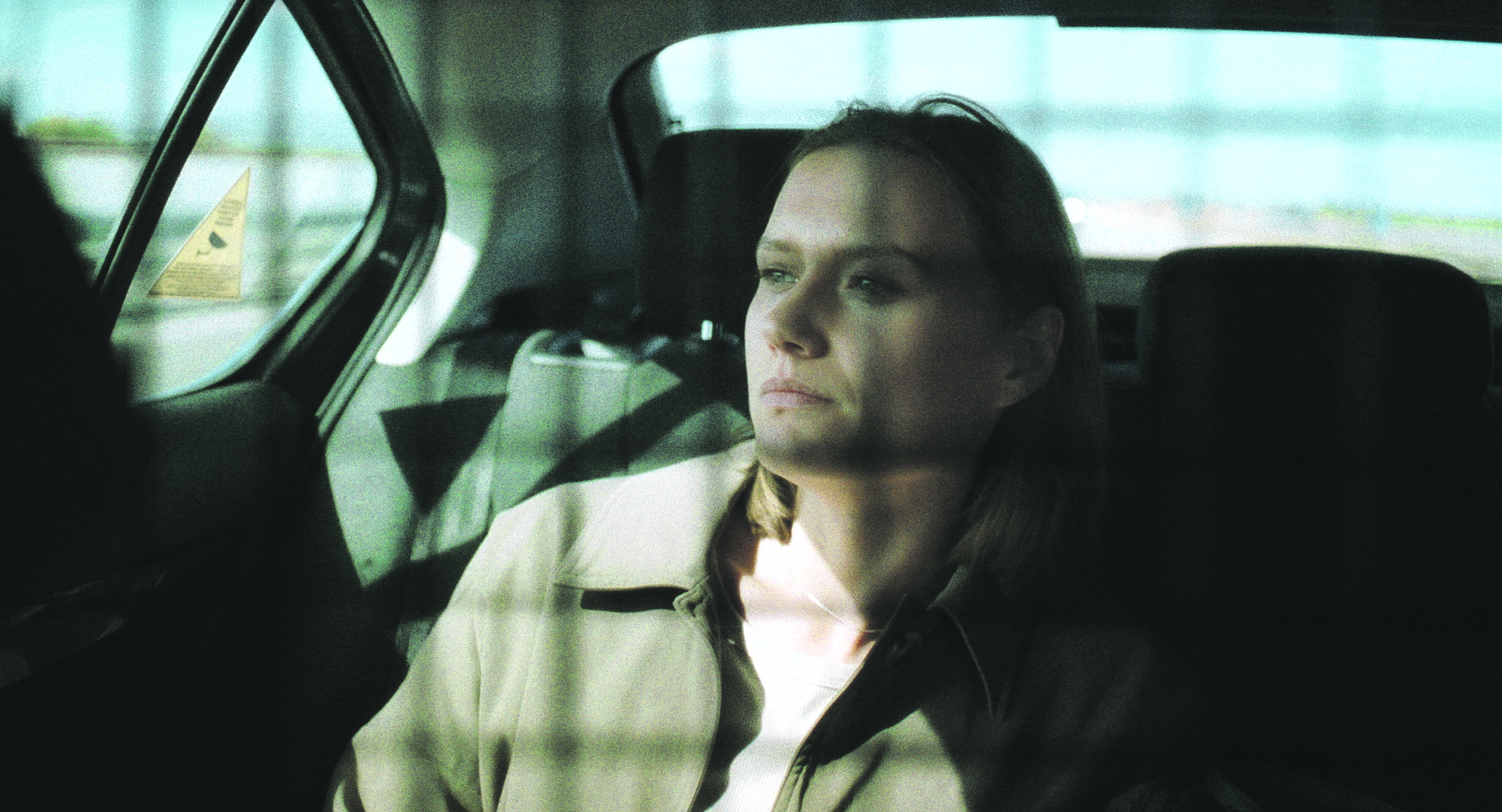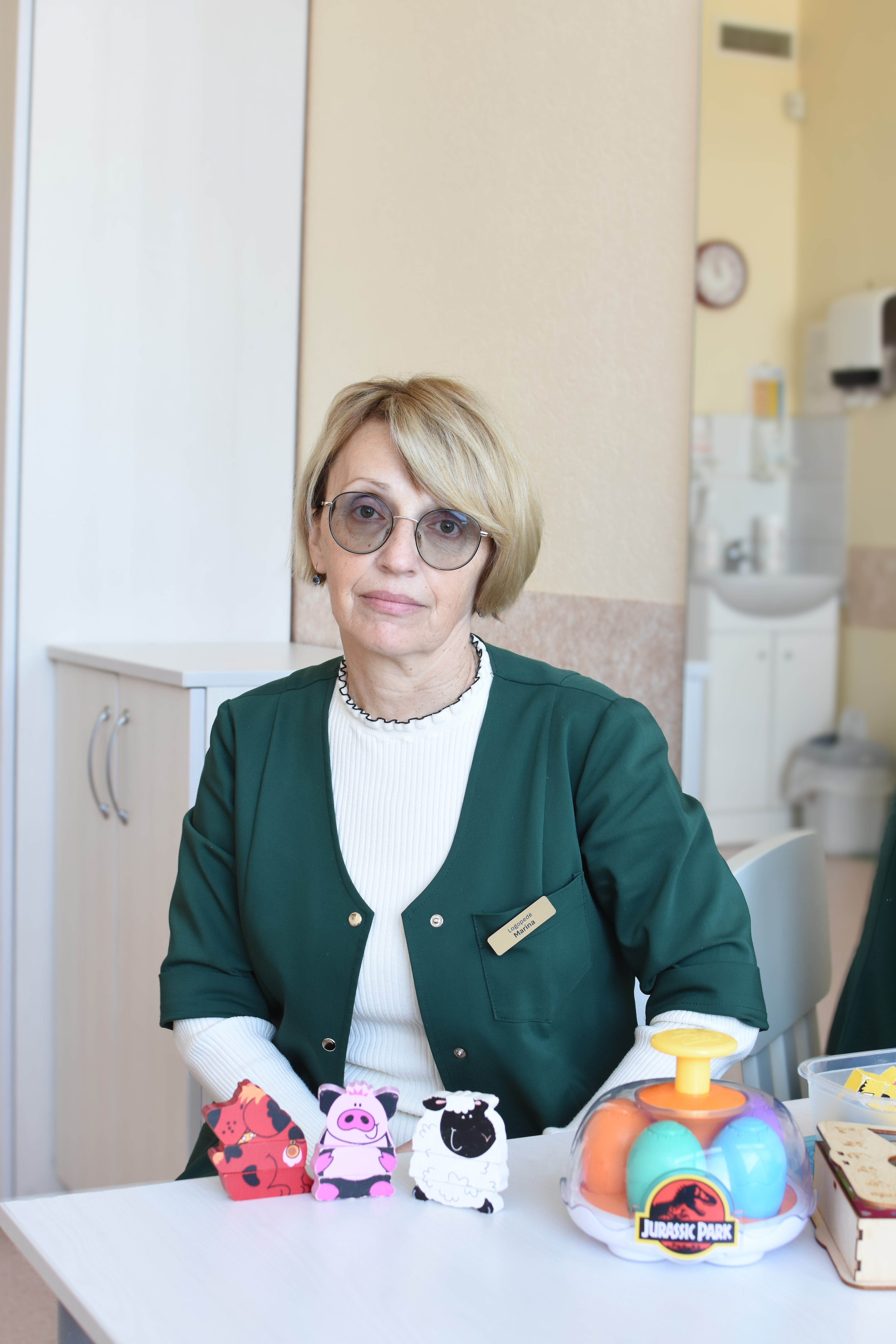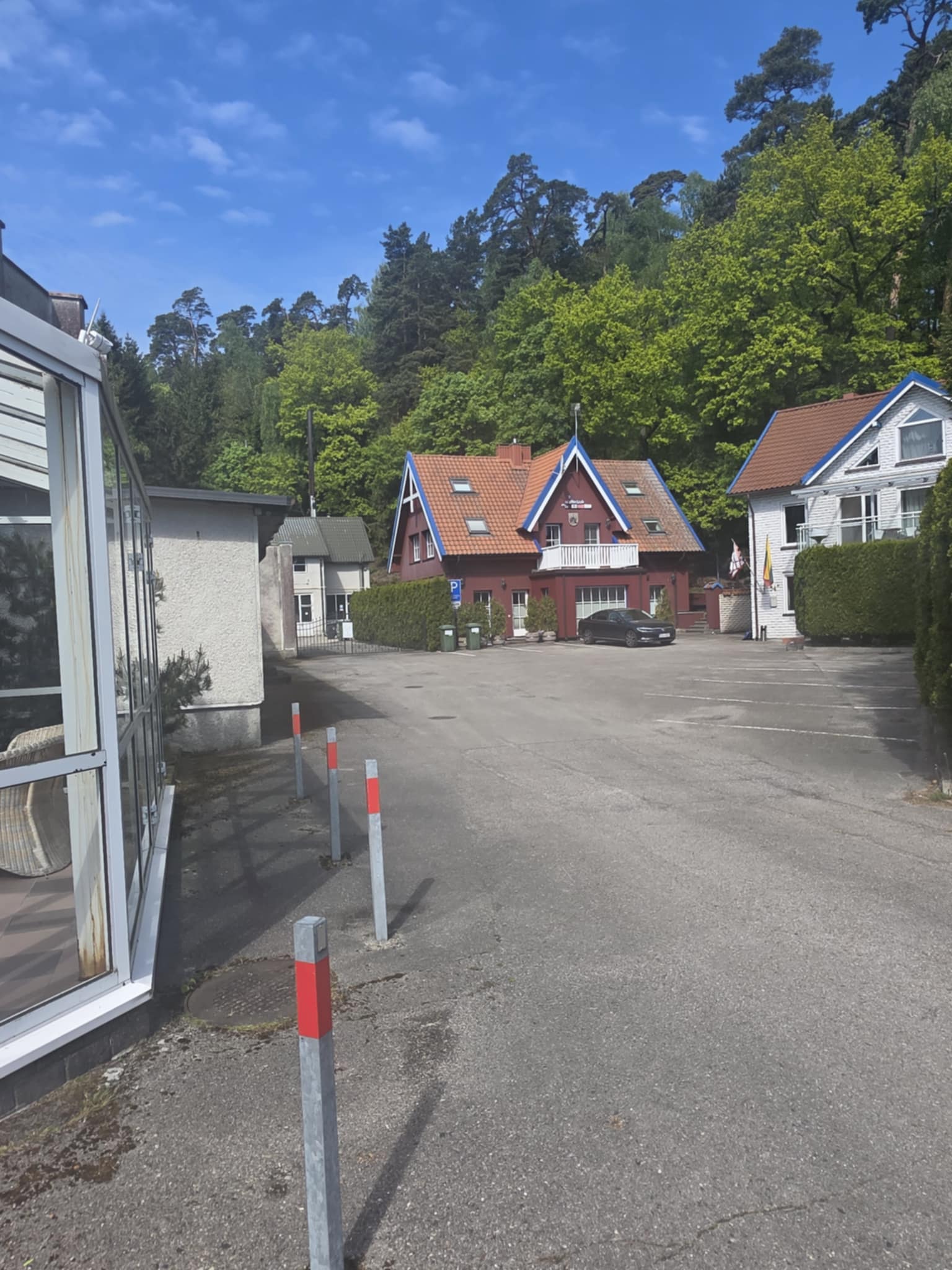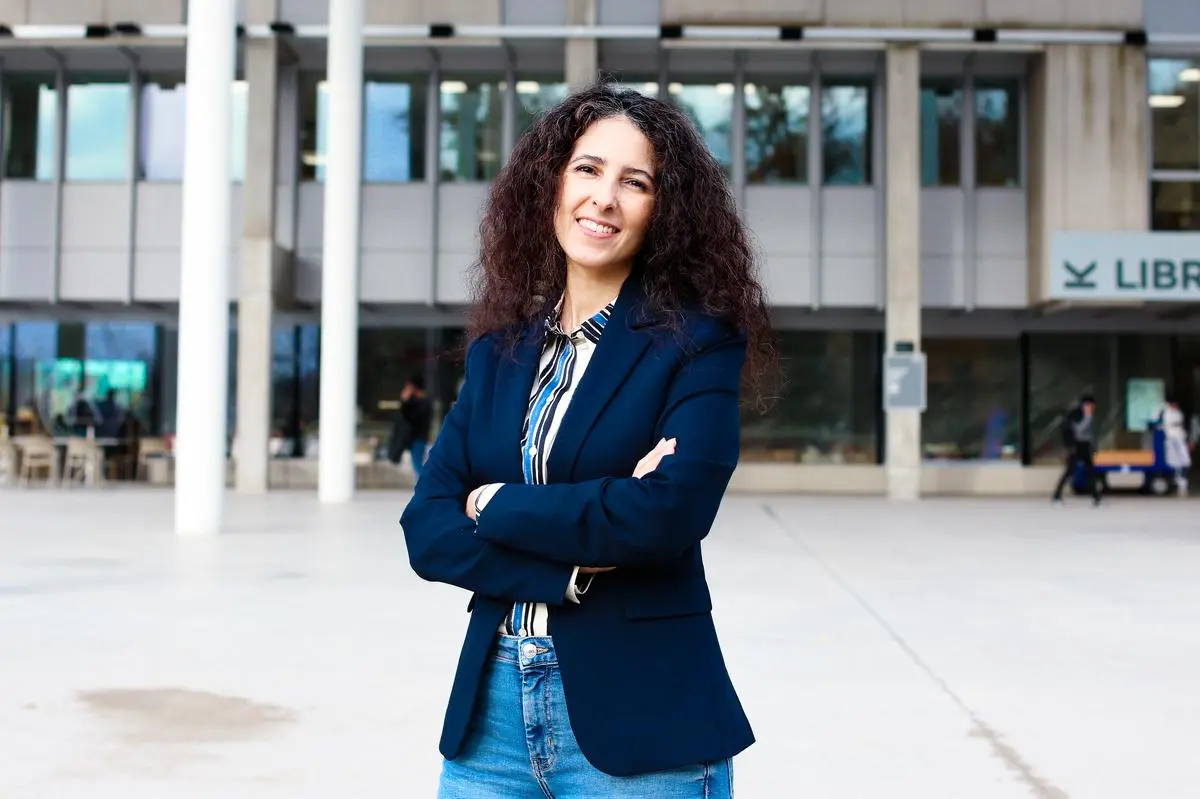Journey in search of silent answers

How did this phenomenon inspire Lithuanian band makers? How much is the movie asks, is it always answered? About this is a conversation with N. Miler.
– Johatsu – a voluntary disappearance of a person as if to be non -existent, deleting one's identity, social relationships, and so on. This is a pretty well -known topic, of course, interesting, described in several literary works, but more often by touching the psychological, spiritual aspect. In your film, the detective side of this phenomenon seems to be more dominant? Although it seems that one and the other seemed to be coveted, the topics are not fully understood. Wanted to leave a lot of space for the viewer? But what because a good movie makes you think. What do you focus on the viewer's attention?
– There are different ways as the creator (director, screenwriter) interact with the viewer. Some developers like to give the viewer a sense of advantage of raising very clear questions, giving the illusory freedom to those questions, while and potential answers.
In the case of Johatsu, we have been in a risky way to offer the viewer/Hey with the main character to dive into a state of ignorance. Why is the main character on a strange journey in search of a missing man of a stranger? Does she know from the very first moment the answer to this question? If she knew this, her journey would not require maximum courage, maximum confrontation with uncertainty.
The fact that the character of the character's journey acquires detective elements is not the essential but the side feature of that journey. Michelangelo Antonioni has three characters in the movie « Adventure »: a « committed » male and female couple and their close friend. When a « committed » woman disappears, there may be many detective questions about what happened to her: has she committed suicide or was killed by her partner or she was killed by a jealous family friend? In the film, Mr Antonioni does not exclude any of these questions, but focuses on the people who have left – to a single partner and family friend. In this way, detective issues remain aside, and the center begins to dominate the existence of the two people who survive the disappearance of a woman.
Of course, « adventure » is just one example of how detective issues become by -line, although it seems to be dominated. In the course of the film, the viewer can (and should) ask questions, why does the character go beyond another? Why does it take so radically that they fall into the circumstances that threaten its existence itself? Why does she need maximum danger and shock? Why are they not satisfied with her normal life?
I am delighted that I have already been talking to viewers who are infected with these issues, recognizing them, associating them with their own lives. I would not say that I would not say to formulate the answers to these questions.
Shot from Johatsu.
– Indeed, a person of danger and shock often seeks to watch horror movies, although they usually want peace and rest inside. However, the main character of the film's character in Morga is hardly possible to give. Still, existential questions in the film are not to highlight, perhaps more, but the resulting poetics are given by a detective line, as if to be more sharp. Perhaps because you concentrate on a young person who is distracted, does not know what you want, often and often risks?
– For years, I have been teaching a course at Vilnius University, « Religious Cinema » and noted that religious cinema has been translating religiously expressed religious issues as the state of the characters and incentive to raise those questions. Sometimes only sensitive and implied issues are more valuable than directly formulated. This is the case in the case of Johatsu – it is not necessary to formulate existential issues at any cost, it is much more important to show the character in situations where these existential issues will be sensitive to themselves (and the audience themselves). Not all people clearly express their desires and existential needs in words. Sometimes those needs are only unconsciously perceived, so the characters (and the audience) need a lot of experience and time to give an oral shape to unconsciously perceived existential purposes.
Our film's main character is such a « little -language » – she needs travel and quite radical shocks to find words for her wits and feelings. I do not think that these character's feelings should be interpreted as the character, because the film itself makes it possible to reveal the thought to reveal. However, highlighting the original position from which the character's journey begins is quite important. I believe that it may seem that working in the morgue does not give peace or is even unpleasant. But even before we were working on the script, I knew a man whose job was to carry the bodies of the dead – he was simply the embodiment of positivity. Extremely optimistic and great jokes was the employee of the morgue, where we were filming, who advised us while filming the morgue scenes. According to her, she and her collaborators like their work and they would never give up on them. So our main heroine belongs to a profession that many of us would be considered radical or uncomfortable, but it does not seem that. It is also not impossible to accept the so -called detective challenges – much more complicated to her is her own confrontation with herself, her desires and desires.
It is not necessary to formulate existential issues at any cost, it is much more important to show the character in situations where these existential questions will be sensitive.
– You mentioned that you worked as a good team, however, it is not easy to imagine two artistic personalities at one piece, and two in this case maybe even harder than one. Why did you decide to make a movie for two, or did you really understand, supplemented, and have no questions and different solutions from start to finish?
– Of course, never (or almost never) is that two creators work as one. Differences of one degree or another undoubtedly exist. However, it is important whether you highlight these differences or take the opportunity to look at another person's perspective. If you succeed, you see and evaluate different character behavior patterns, different perspectives of the script development.
A few years ago I had written the script « Antigone ». I wouldn't go to it anymore, but after a few years I came back to him and suggested that flax contribute to the idea. The original event left from Antigone – not that body brought – a few more, but Lina did the main writing work. We found the phenomenon of Johatsu (human disappearance), and began to ask ourselves what existential challenges with this phenomenon are related. There was a dialogue ratio during work.
It is not that the attitudes of the dialogue partners are completely overlapping in dialogue, but that they should fit and be opposite. While still writing the script, we participated in the Torino Film Lab – a famous script development school. Some of the directors first introduced their ideas. It was also the case that when they were confronted with external assessment or criticism, they started to change everything from a fundamental way. We have always had that opportunity – to look at the idea of another / others. This is exactly the opportunity to work together the most.








